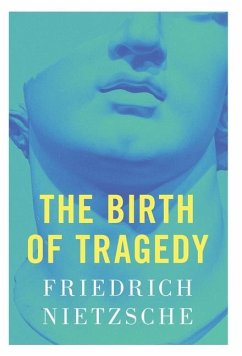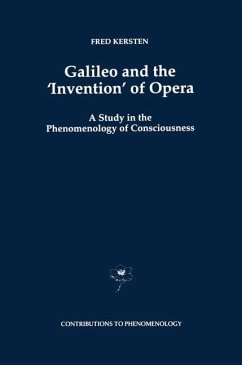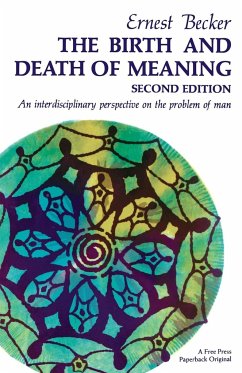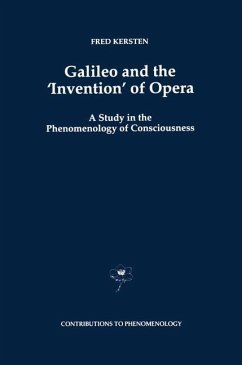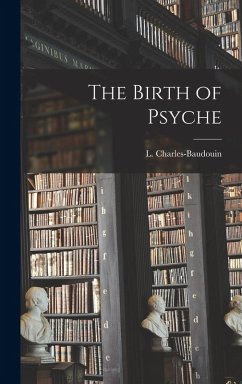
The Birth of Tragedy Out of the Spirit of Music
An Attempt at Self-Criticism

PAYBACK Punkte
7 °P sammeln!
We will have achieved much for the study of aesthetics when we come, not merely to a logical understanding, but also to the immediately certain apprehension of the fact that the further development of art is bound up with the duality of the Apollonian and the Dionysian, just as reproduction depends upon the duality of the sexes, their continuing strife and only periodically occurring reconciliation. We take these names from the Greeks who gave a clear voice to the profound secret teachings of their contemplative art, not in ideas, but in the powerfully clear forms of their divine world. Here i...
We will have achieved much for the study of aesthetics when we come, not merely to a logical understanding, but also to the immediately certain apprehension of the fact that the further development of art is bound up with the duality of the Apollonian and the Dionysian, just as reproduction depends upon the duality of the sexes, their continuing strife and only periodically occurring reconciliation. We take these names from the Greeks who gave a clear voice to the profound secret teachings of their contemplative art, not in ideas, but in the powerfully clear forms of their divine world. Here is Nietzsche's brilliant essay on the importance of music and art in every day life.




